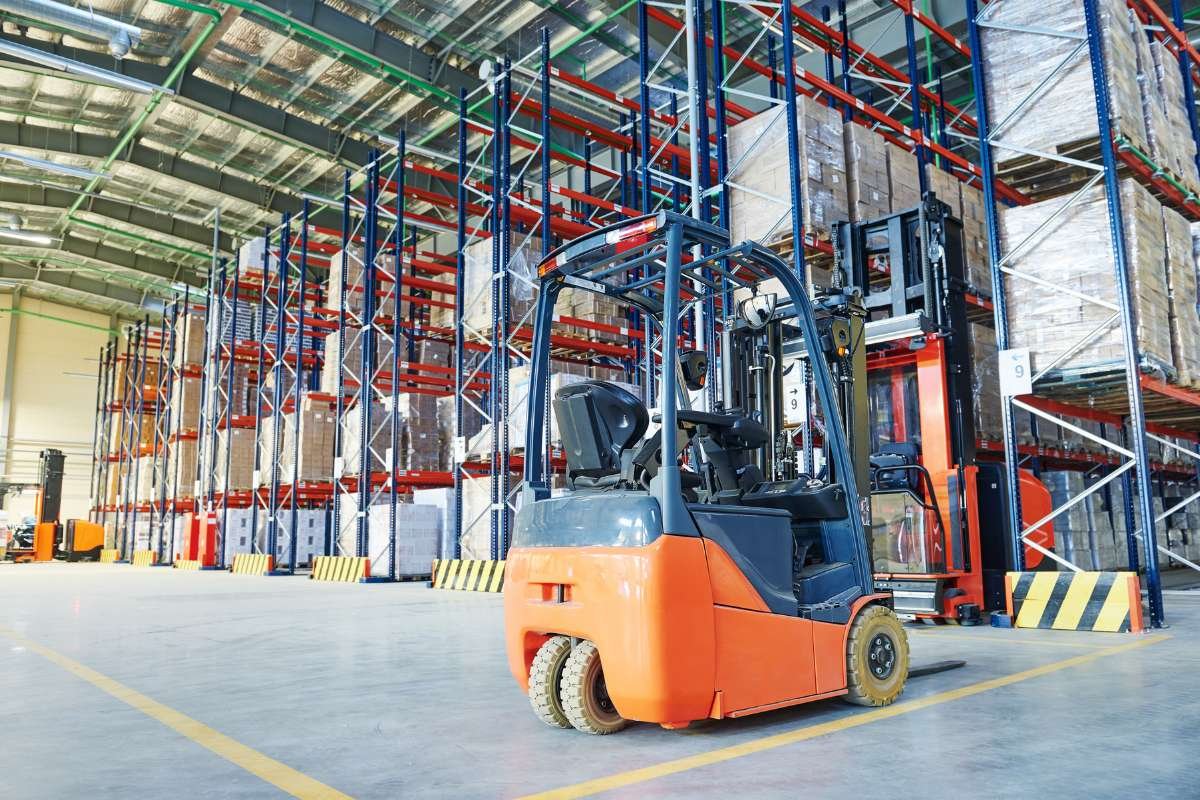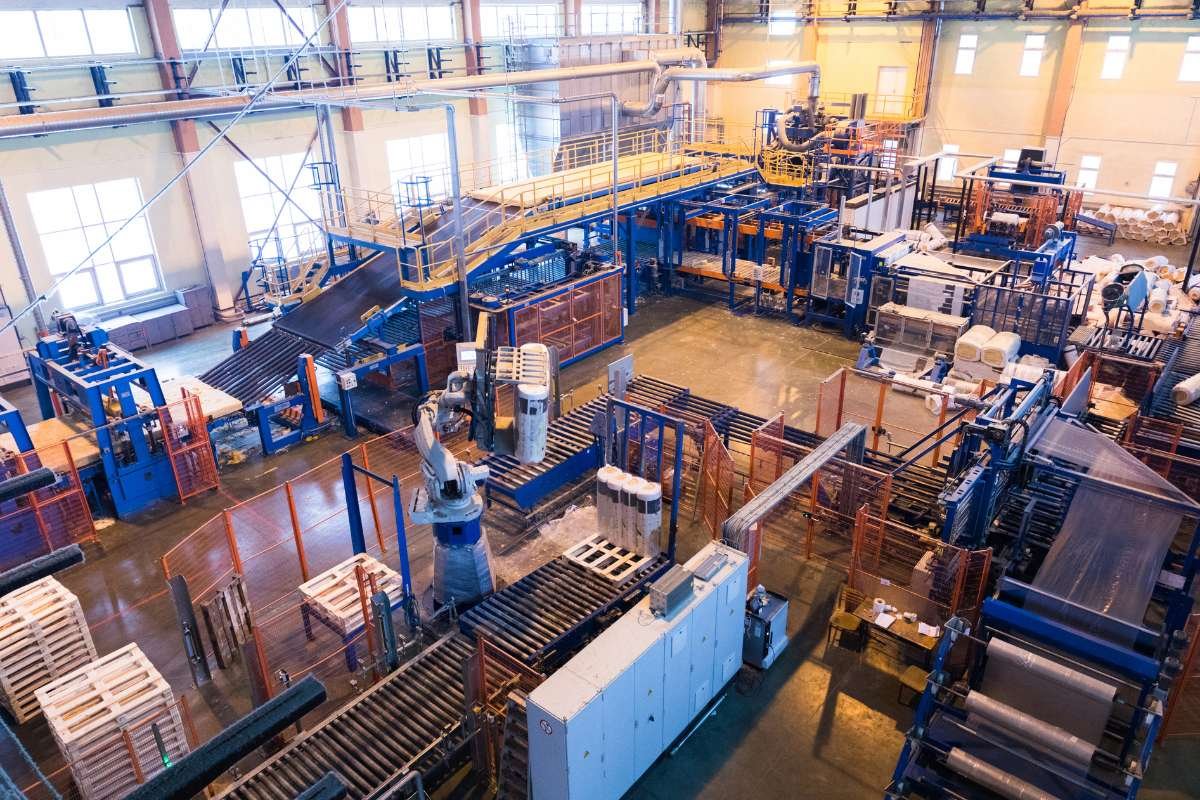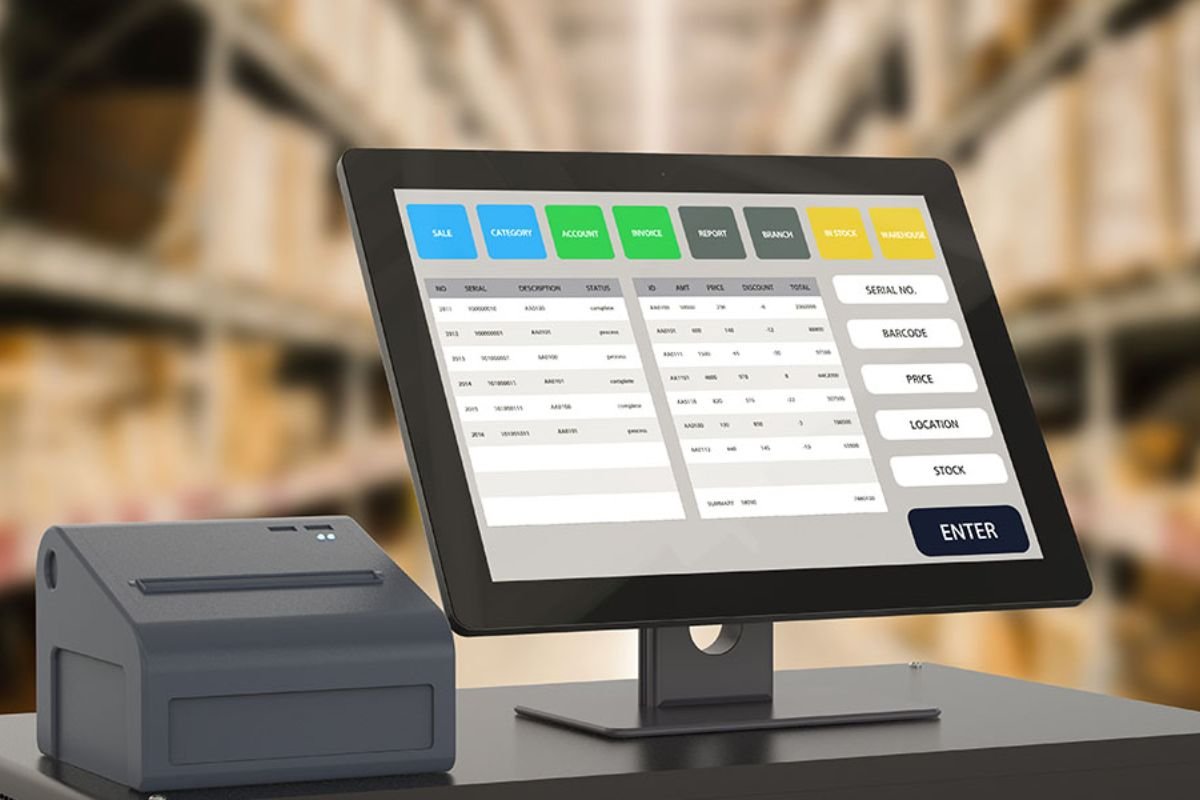With the continuous advancement of technology and industrial development, smart manufacturing has become a hot topic in today’s industrial sector. As one of the core technologies of smart manufacturing, Industrial Internet of Things (IIoT) technology is gradually demonstrating its tremendous potential and vast application prospects. By connecting various devices, sensors, and industrial facilities, IoT technology enables communication between equipment, thereby realizing intelligent and automated production processes.
Application Scenarios of IIoT in Smart Manufacturing
IIoT technology offers a wide range of application scenarios in smart manufacturing:

1. Intelligent Production Line
The benefits of an intelligent production line include not only improved production efficiency and product quality but also reduced labor requirements and lower production costs. By leveraging IIoT technology, enterprises can achieve real-time monitoring and control of production processes, minimize equipment failures, and reduce downtime, thereby enhancing productivity and quality. Additionally, intelligent production lines enable the automation of material and personnel management, such as unmanned intelligent grab bucket overhead crane to achieve “unmanned factories.” These advantages enhance competitiveness and market share while delivering higher-quality, personalized products to consumers, promoting industrial transformation and sustainable development.
2. Intelligent Quality Inspection
IIoT-based intelligent inspection systems capture and analyze product data in real-time on production lines, ensuring that products meet predefined quality standards. Smart detection devices connected to IIoT can identify defects and inconsistencies early in the process, unlike traditional post-production sampling. This real-time monitoring approach reduces waste and accelerates production. Additionally, analyzing vast data from the production process allows continuous optimization, improving product consistency and supporting process improvements.
3. Smart Maintenance
Smart maintenance systems monitor and analyze the health and performance of equipment to detect potential issues and performance decline. Using IIoT platforms, this information enables predictive maintenance before failures occur. Predictive maintenance significantly reduces unplanned downtime, optimizes maintenance schedules, lowers costs, and prevents costly production halts due to unexpected breakdowns.
4. Smart Warehousing

By integrating sensors, RFID tags, automated loading equipment like AGV transfer carts, and network connectivity, smart warehousing systems provide real-time inventory monitoring and automated management. Technology IIoT in smart manufacturing allows warehouse management systems to track the storage, location, and status changes of every item, offering real-time inventory data and analysis. This information is critical for optimizing inventory levels, improving space utilization, accelerating goods turnover, and enhancing customer service quality.
Challenges Facing IIoT Technology
Despite its broad application prospects, IIoT technology in smart manufacturing faces several challenges:
1. Security and Privacy
The extensive connectivity of IIoT devices and data raises critical security and privacy concerns. Protecting devices and data from cyberattacks and information leaks is a key issue in IIoT development.
2. Standards and Interoperability
Currently, various IIoT devices and systems use different standards and protocols, leading to poor interoperability. Standardized protocols and improved interoperability are necessary to ensure seamless connectivity between devices.
3. Big Data Processing and Analysis
IIoT generates massive amounts of data. Efficiently processing and analyzing this data to extract valuable insights is essential for the success of smart manufacturing.
4. Future Trends for IIoT in Smart Manufacturing

The application of IIoT technology is showing significant growth potential in the smart manufacturing sector. As these technologies advance, their contribution to smart manufacturing will become increasingly vital. In the future, IIoT is expected to expand its reach across more manufacturing processes, providing robust support for digital transformation and continuous progress in the industry.
Conclusion
IIoT technology has become a focal point in smart manufacturing research and innovation. By adopting IIoT, businesses can achieve digital, automated, and intelligent production processes, improving efficiency and quality while reducing costs and resource consumption. However, IIoT in Smart Manufacturing also presents challenges, such as data privacy protection and device compatibility, which require further exploration and resolution.






